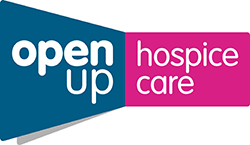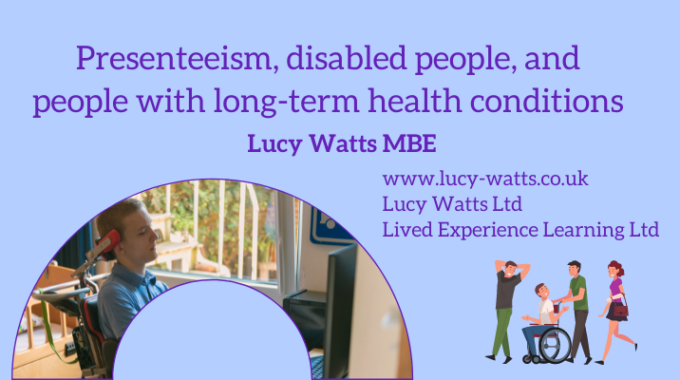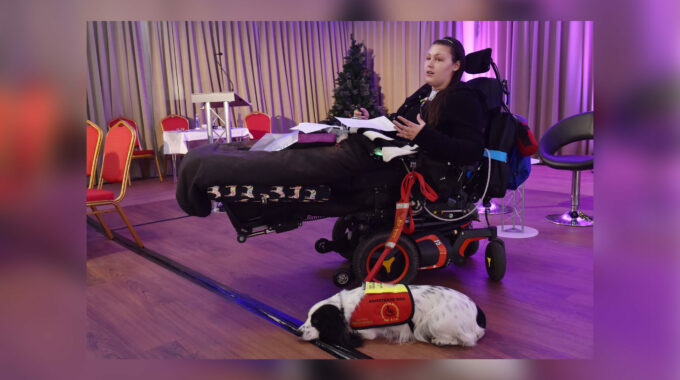What if we viewed lived experience as an asset? As an asset of professional, economic,…

#OpenUpHospiceCare 2019
This week it’s #OpenUpHospiceCare week, run by Hospice UK. A successful campaign that seeks to break down myths surrounding hospice care, raise awareness of the amazing work of hospices and to secure support for hospices and encourage communities to get behind their local hospice.
As Hospice UK state:
“At the end of a person’s life, we only have one chance to get it right.
But sadly, on average more than 335 people every day won’t access the compassionate, expert care that hospices across the UK provide.
Hospice care is so much more than a building where you go to die. Most hospice care happens at home and in the community. It’s vital we’re there to support every family in need.
But for one in four families in the UK today, hospice care isn’t an option. People are dying in places they don’t want or need to be, longing for the warmth of their own beds. Children are facing life-limiting illnesses in hospitals when they could be at home, with loved ones. And many families are left traumatised, with little or no support at the time they need it most.
Over 70% of funding for the UK hospice movement comes from supporters like you. With your help, we can open up hospice care to everyone, whoever and wherever they are.”
You can find your local hospice on the Hospice UK Website, by going to the following link:
https://www.hospiceuk.org/about-hospice-care/find-a-hospice
It’s important to remember hospice care isn’t just a building. It isn’t just about dying, either. Hospice and palliative care happens everywhere: in hospices, in the home, in the community and in hospital. Hospice and palliative care is an approach to care, not just a set service. Hospice care, literally, is everywhere. Hospice and palliative care is about living well, holistic care and symptom control, and support includes physical, practical, social, emotional, psychological, spiritual and medical; it includes inpatient care, homecare, day therapy, community based support and social activities; and also, when the time comes, it’s about having a good death.
As a palliative care patient who has been supported by a hospice for 8 years, I could talk for days about the incredible support hospices and palliative care services offer. I’m supported by The J’s Hospice, now part of the Havens Hospices family, and The J’s are a pioneering young adult hospice-at-home service. Set up by Denise Whiffin whose son Jonathan has Duchenne muscular dystrophy (DMD) and died in his late teens, he’d always accessed a children’s hospice but they realised there was no support for young adults in the East of England who, like me, had survived beyond the age that children’s hospices could care for us, and yet we didn’t quite fit the adult hospice criteria or their care provision. Jonathan sadly died, and Denise set up The J’s Hospice in his memory and began fundraising in earnest to set up the hospice. The hospice-at-home service launched in 2010 and has provided invaluable support to many 16-40 year olds with life-limiting and life-threatening conditions across Essex, myself included. The J’s recognises that young adults want to focus on living, on social opportunities, education, employment, independent living, hobbies and relationships, rather than simply on care itself, and supports us to live the lives we want to lead, whilst also supporting our parents and families.
The hospice for us have been a lifeline. From helping to organise medical appointments and admissions, to advocacy, to attending meetings, to letter writing, to hands-on care, to respite for carers and families, to the all important clinical support and oversight. I wouldn’t be alive today, nor living the incredible life I am leading, if it wasn’t for The J’s. They also supported us to open up about death and dying, to create my advance care plan, they opened the door for me, my mum and my sister to talk about my death, and they also supported my NHS consultants to see that the absence of a cure did not cause the absence of great care, they were not failing me as a result of having no cure or treatments – only symptom management as well as life-sustaining interventions (my TPN) which may one day fail – and if they just focused on my quality of life and supporting me to live life to the fullest, then their care would be a success.
I also have a palliative care consultant who works jointly across Havens Hospices and the local NHS hospital, Southend Hospital. Her support has been equally invaluable, helping us with symptom management, supporting us to look into other strategies such as complementary therapies, and also continuing those end of life conversations; in one visit, she asked me “So what would your limit be?” and this has really made me think more deeply about what I want and don’t want, when and in what context. I don’t want to do an Advance Decision to Refuse Treatment (ADRT) as I am not ready to have a blanket refusal of certain procedures, but I am developing a document to go with my Advance Care Plan documents to support doctors in making best interest decisions so the pressure isn’t solely on my mum, my Lasting Power of Attorney (LPA), to make decisions; doctors can be guided by my written wishes, expressing what treatments I would want and in what circumstances, and in what circumstances I may not or would not want certain treatments. I hope this will help the team around me to make best interest decisions, guided by my written wishes and my mum (my LPA).
Hospice and palliative care, I believe, is the reason I have exceeded every prognosis I have been given. Yes life-sustaining interventions like TPN (intravenous feeding) and treating infections with IV antibiotics, are keeping my body alive, but palliative care has kept my body and my mind alive, it’s enabled me to live an amazing, productive and fulfilling life and to have a good quality of life and provided a range of support including around the management of distressing symptoms and help with advocacy and attending meetings and helping us to secure care packages. I wouldn’t be here, let alone living this life, without hospice and palliative care.
So please, support #OpenUpHospiceCare and support your local hospice. Help us ensure everyone who could benefit from hospice/palliative care, is able to access that support, whenever and wherever they need it.




This Post Has 0 Comments